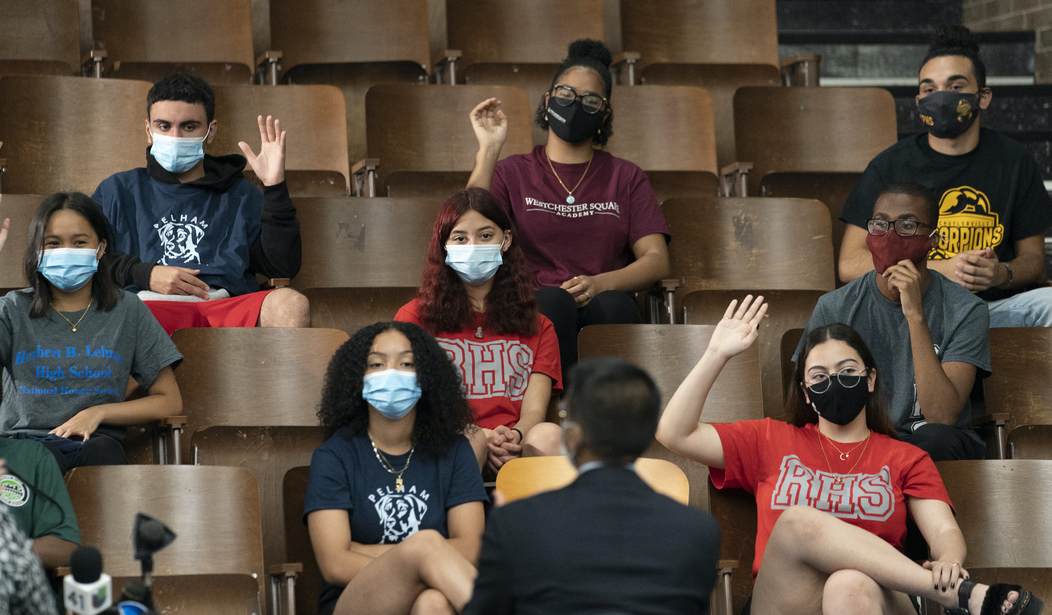A prominent public university recently listed a job opening for a tenure track assistant professor position in science and geography. Reportedly, white men are not eligible to apply. Applicants are vetted in the first steps of the application where they must select one of four categories; women, transgender, nonbinary, or "two-spirit."
The University of Waterloo, a public university in Waterloo, Canada listed the job in March, according to the Daily Mail.
“Two-spirit,” according to Canadian-based website Researching for LBGTQ Health, means someone “who identifies as having both a masculine and a feminine spirit, and is used by some Indigenous people to describe their sexual, gender and/or spiritual identity.”
Daily Mail noted that the role in the school’s Natural Science and Engineering Research division will pay between $90,000 to $120,000 a year. Though not considering men for the position would be discriminating against someone based on gender, the university apparently found a way to work around the policy.
“In the listing, the school asks applicants to fill out a self-identification form to ensure that they fall into one of the four categories, in an effort to 'address the underrepresentation of individuals from equity deserving groups among our Canada Research Chairs.'
'Because this is a special opportunity for a specific member of the four designated groups, applicant self-identification information will be used for the purposes of screening and consideration,' the university said.
'As such, this opportunity is open only to individuals who self-identify as women, transgender, non-binary, or two-spirit.'
The stipulations from school brass may come as a surprise to some, as the university, which has a main campus in Waterloo, Ontario, and three more satellite campuses in the province, is a public institution, meaning policies that discriminate based on gender are prohibited.
'However,' the ad asserts that school officials can circumvent that policy by implementing 'special programs' under the Ontario Human Rights Code, 'designed to help people who experience hardship, economic disadvantage, inequality or discrimination.'
The school said those who self-identify as women, transgender, non-binary or two-spirit fit that criteria.”
Last fall, Matt reported how a Canadian professor, Carrie Bourassa, was placed on leave after serious questions were raised about her Indigenous identity. An investigation by CBC News found genealogy as eastern European, though she claimed to be Anishinaabe and Metis.
Recommended
CTV News reported that some of Bourassa’s colleagues at University of Saskatchewan also worked to trace her genealogy.
"What we found is that Dr. Carrie Bourassa doesn't have a drop of Indigenous blood in her and that she has been faking her identity for at least 20 years," Winona Wheeler, associate professor of Indigenous Studies at the University of Saskatchewan, told reporters.

























